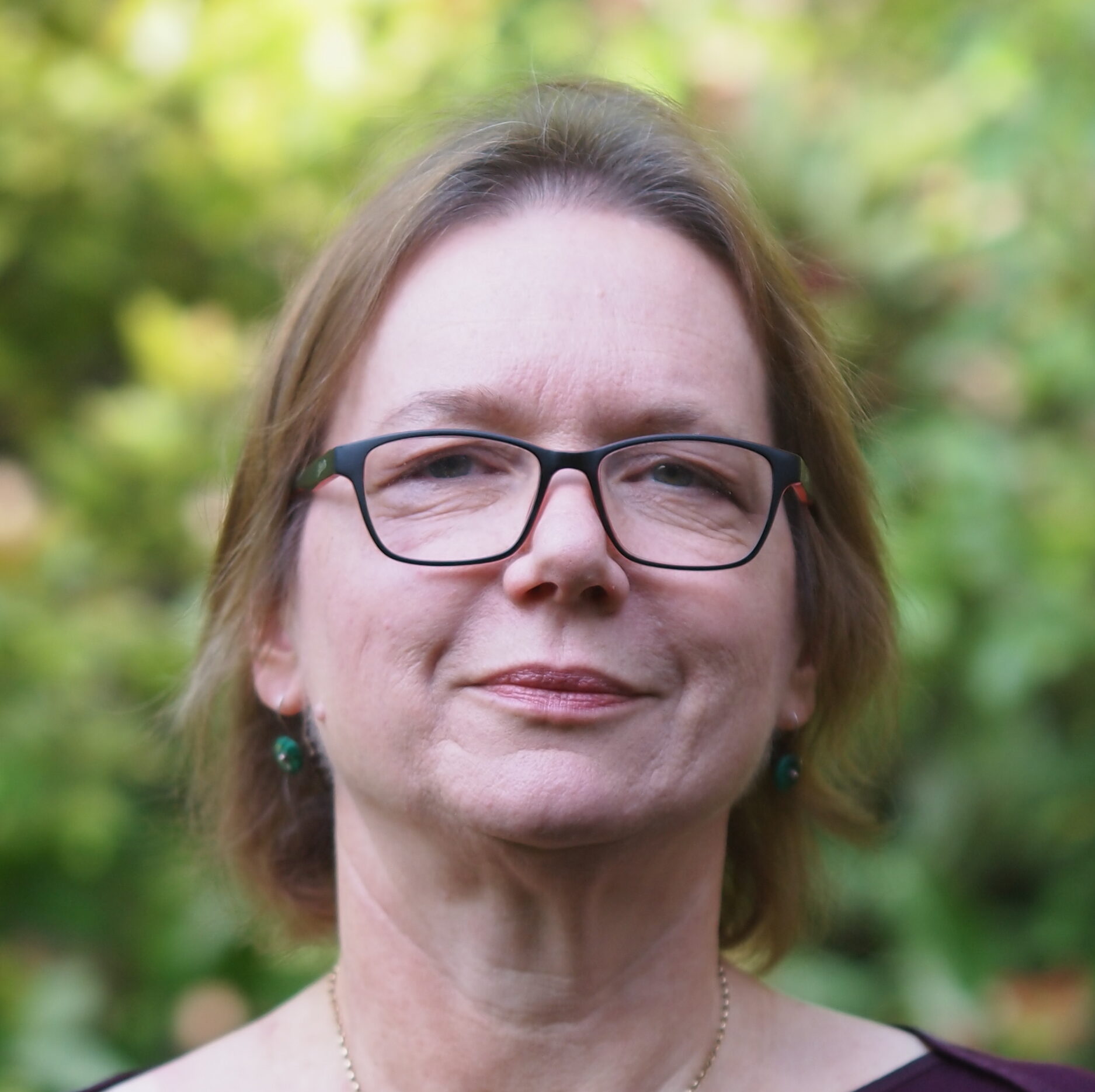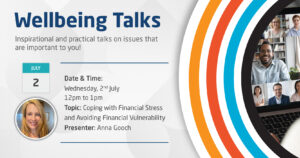News
The Electrical Industries Charity (EIC) is proud to announce Alison Chappell as its new Vice President, marking a significant milestone in both her career and the ongoing journey of the charity.
Alison Chappell’s career in the electricity industry spans over two decades, beginning with npower in 2000 and progressing through various roles within RWE, including time spent in the UK and Germany. Her diverse experience covers areas such as Diversity and Inclusion, health and safety and managing RWE Generation’s portfolio of closed sites for sustainable energy projects.
Her role at RWE is how she first became aware of the EIC, and was immediately impressed by the work that the Charity does for the sector.
In this enlightening conversation, we delve into the journey of Alison Chappell, newly appointed Vice President at the Electrical Industries Charity (EIC). Alison is a dedicated professional in the electricity industry, who has played a vital role in shaping not only her career but also the lives of others through her involvement with the EIC. Her story is not just one of professional growth but also a deep-seated dedication, she offers a unique perspective on the challenges and transformations within the electrical sector.
Could you share a bit about your background and what led you to join the Electrical Industries Charity?
I have been working in the electricity industry since 2000 – I joined npower in the retail/supply business when my son reached school age and I was able to go back to full-time work. RWE acquired npower in 2003, so I have been working for the same company for 23 years now, but in a wide variety of roles and in Germany as well as the UK. I spent 2 years setting up the Diversity and Inclusion function working in Group Headquarters, and I also led a project to build a new nuclear power station in the UK. Now I am responsible for RWE Generation’s portfolio of closed sites and the land bank, working to regenerate these sites so that they can be used for new, sustainable energy projects. In addition to this core role, I am involved in other aspects of company management, including Health, Safety and well-being and the company’s charitable giving committee. That’s how I first became aware of the EIC, and I was immediately impressed by the work that the Charity does for our sector. The EIC is so well-informed about the main problems which affect people working in the electrical industry, and its assistance is so well targeted to the needs of our colleagues. When I heard about the Trustee opportunity, I immediately put my name forward.
What motivates you personally to be involved in this charity work?
My involvement in health, safety and wellbeing at RWE has shown me how vulnerable colleagues in the industry can be – even when they are apparently earning good salaries in secure jobs (which is not the case for everyone). People often work in physically and mentally demanding situations, spending time away from home and with heavy responsibilities. This can result in all sorts of issues, including mental health problems, addiction, financial problems and self-harm. I feel that it is part of my leadership role to help to reduce these problems as far as I possibly can and working with the EIC is a great way for me to contribute.
Is there a particular moment or event in your career that has significantly influenced your approach to charity and community work?
There were two things in particular; one was the suicide of a young employee at RWE, where we only realised afterwards how much pressure he was under and how isolated he was feeling. The training and services which the EIC has developed for people at the beginning of their careers (and their employers) would have made a real difference to him, I think. The second thing was a presentation made to RWE by Tessa Ogle, whilst she was CEO of the charity. When she outlined the statistics on the types of issues faced by people in our sector it really hit home. I realised I was a bit complacent, thinking that ours was a high-skill, high-reward industry and that therefore most people would be ok. In fact that was not the case.
What do you see as the biggest challenges facing the electrical industry today, and how does the charity plan to address them?
The part of the industry I know best is power generation and the services supporting that sector. Our biggest challenge is the massive transition which is ongoing to shift to new, sustainable generation technologies. This will result in redundancies for some people and huge pressure to find skilled people in other areas. I can see a lot of stress and uncertainty ahead, for companies and individuals, and even more people spending long periods working away from home on big projects. The charity’s mental health support services will be invaluable, as will support for people who lose their jobs in the short term and experience the uncertainty and possible financial pressures around that.
From your perspective, how is the electrical industry evolving and what impact might this have on the charity’s work?
Adding to my previous comments, there will be a big need for more and more apprentices and people coming into the sector. I think the training side of the charity’s work and support for people in the early stages of their career will grow. In some parts of the electrical industry, we will see the impacts of digitalization and AI – it is hard to predict how this will manifest, but it may mean that some roles disappear or become downgraded, which may lead to stress and to financial problems. In many parts of the industry, we have an ageing workforce, which will develop into a large retired population, possibly facing financial strain as current pension schemes are not as generous as they used to be. I think the charity will focus more and more on providing tools and support for people to help themselves with financial matters, developing resilience and coping with a changing world.
In what ways do you believe the Electrical Industries Charity can make the most significant impact in the industry?
The EIC needs to create effective channels through to the end-user target groups. This means having strong relationships with companies in the sector, encouraging them to promote the charity to their employees – and ex-employees. Hopefully this will also lead to people in the industry supporting the charity with fundraising activities and further person-to-person awareness building. I know that, in RWE, people have contacted the EIC for support because another colleague has realised they might have a need and has had a quiet word about how they themselves were helped by the EIC, suggesting that it would be a good place to go for help. I think the EIC also has to be clear about what it wants to focus on – in the scheme of things it is not a large charity, and there are other bodies out there with expertise in other areas. The EIC has to become excellent at referring clients to other specialists where appropriate, rather than trying to cope with all requests itself.
Can you talk about the importance of collaboration with other organisations and how the charity fosters these relationships?
As covered above, high-quality collaboration with other organisations can enable the charity to make its own resources go further: this goes beyond just collaborating with other charities and support providers; by collaborating with industry employers the EIC can find out more about what issues the industry faces, as well as strengthening its contacts to its target groups.
Is there anything you think is important to mention or any final message you would like to share?
Without wanting to bring the tone of the piece down, I would like to mention that those of us who are in the fortunate position of not needing support from the charity should take time to review the case studies which the EIC puts together. They illustrate how quickly circumstances can change, through no fault of our own. Any of us might need support from the EIC in the future, and so we should think about how we can support the charity now, to ensure that it will still be there and be strong for us or our friends and colleagues in the future. And if we don’t need that help ourselves, we can be grateful for our good fortune and also glad that we have helped to


